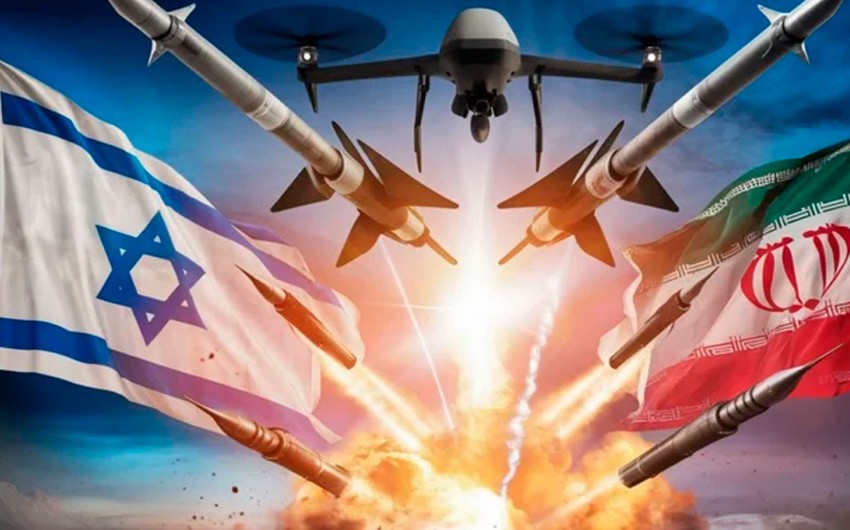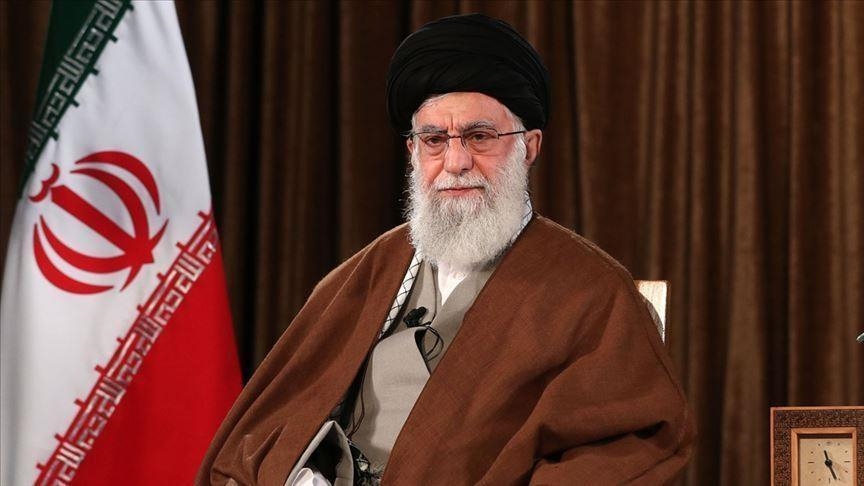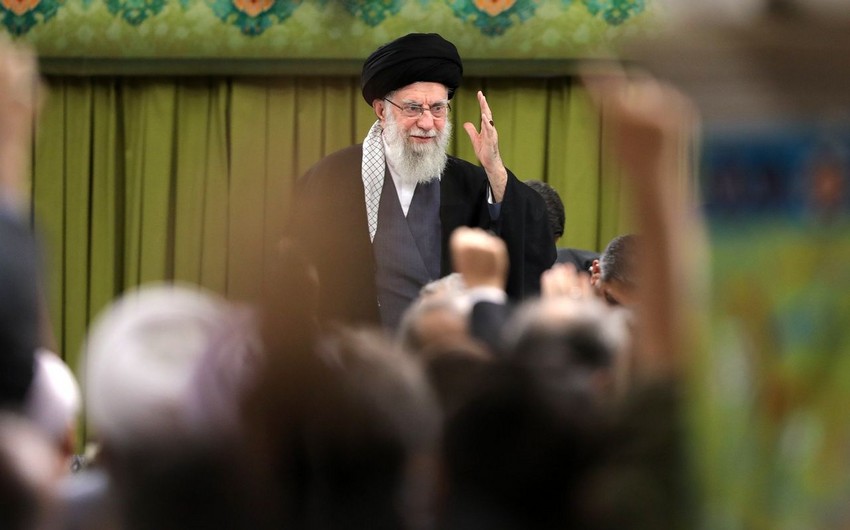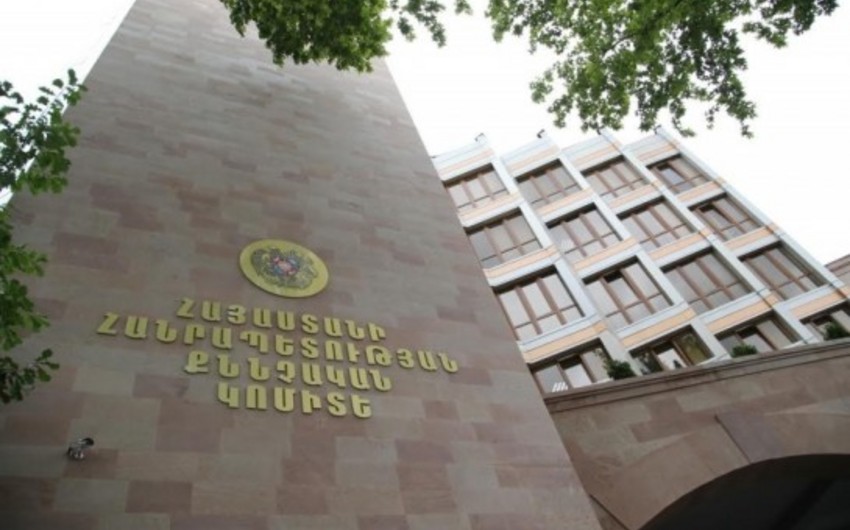Israeli fighter jets unleashed a wave of bombardment across the Gaza Strip through the night, ripping into a fragile truce that has mostly held since it came into effect in January.
Prime Minister Benjamin Netanyahu overnight laid the blame at Hamas's door for the renewal of his deadly aerial campaign.
The Israeli leader's statement said the military have been instructed to take "strong action" against Hamas following their "repeated refusal to release our hostages" as well as its rejection of US proposals.
In local press, Israeli military sources have also talked about seeing an increase of Hamas activity to regroup their forces in recent days.
While the truce mostly held until last night, officials at the Hamas-run Ministry of Health in Gaza have said that over 140 people have been killed by Israel in the two months since it came into effect in January.
In recent weeks, the Israel military has said it's repeatedly struck targets they've identified as Hamas fighters posing a threat to its troops stationed in Gaza.
But the reasons for Netanyahu's decision to return to attacking Hamas is a subject of contention.
The Hostages and Missing Families Forum has accused the government of "a complete deception" by pulling out of a deal "that could have brought everyone home."
While some of the prime minister's most staunch critics suggest that the attacks are an attempt by Netanyahu to distract from damaging legal and political crises he faces closer to home.
Most critically, there is a fundamental dispute between the Israeli and Hamas sides about who is to blame for the failure of recent efforts to progress the ceasefire.
What happened to ceasefire talks?
The 19 January ceasefire deal was thrashed out over many months, with US, Qatari and Egyptian mediation, and a detailed three-phase plan for how the truce should move forward.
The first phase saw Hamas release 33 hostages in return for Israel releasing around 1,900 Palestinian prisoners and allowing aid and other goods to enter the Gaza Strip.
As the guns fell silent and thousands of displaced Gazans returned home, Hamas and Israel were due to begin negotiations to commence the second phase.
The parties had agreed that the second phase negotiations would include the release of all remaining hostages as well as a full withdrawal of Israeli forces from Gaza Strip, leading to a permanent end to the war.
The first phase finished on 1 March, but the negotiations for the next stage had made no progress.
Instead, Israel imposed a total halt on all aid entering Gaza causing widespread international alarm - and said that it backed a new proposal put together by the United States.
In Qatar last week, Israeli and Hamas delegations gathered to negotiate how the ceasefire would progress and US envoy Steve Witkoff put forward his new "bridging proposal" that would have extended the expired first phase.
More hostages would return home in exchange for more Palestinian prisoners being released - but, crucially, negotiations over a permanent end to the war would be delayed.
Here lies a central element to why the truce has broken down.
Israel's two key objectives - to return the hostages and to defeat Hamas - aren't both fully achievable together.
Hamas, to put it crudely, has one card to play in the negotiations: the hostages. They don't want to release any further hostages in a next stage of the ceasefire unless it entails Israeli troops beginning to withdraw from the Gaza Strip, as agreed in the original truce.
Israel is resisting this. The new, US proposal is an attempt to retrieve more hostages while delaying a commitment to ending the war and the question over whether Hamas will remain in some form.
In recent days, the US and Israel have cast Hamas's preference for sticking close to the terms of the original ceasefire deal - instead of renegotiating its terms - as a "refusal" to extend the ceasefire.
Witkoff accused Hamas of "publicly claiming flexibility while privately making demands that are entirely impractical without a permanent ceasefire."
While, in late February, Israeli officials had already briefed local press that its military wouldn't withdraw from key sites in Gaza in a breach of the ceasefire agreement.
While we cannot know the detail of the negotiation talks that have taken place behind closed doors - what we do know is that Israel halting aid entering Gaza 17 days ago was an attempt to force Hamas into offering new concessions.
That hasn't worked so far and now it appears Israel has returned to violence in order to try to extract a new deal, one that is more favourable for its political leaders, and one that offers fewer wins to Hamas.
From now on, the situation in Gaza is likely to look different to the past two months of the truce.
This morning the Israeli military has published a map, ordering Palestinians to leave a huge area along the perimeter of the Gaza Strip, where no doubt thousands of Gazans had returned to.
Hamas, for its part, has called for a halt to Israel's military operation and, at the time of writing, has not said it will return to fighting.
However, a BBC journalist near the Israel Gaza border today was told by a soldier that a call has gone out for 40,000 reservists to the Israeli army to present for duty. This seems to confirm reports in Israeli press that the military has been preparing for a renewed ground invasion in the Gaza Strip.
Pursuing a renewed campaign in Gaza also presents a political boon for Prime Minister Netanyahu. This morning the hard right Jewish Power party has announced it will return to the coalition, its members including, former minister Itamar Ben Gvir, resigned in protest over the ceasefire. Having their cooperation will be crucial for the government as it seeks to pass its current budget.
Israel's operations last night may have been a one-off attempt to force Hamas to concede at the negotiating table. It may, however, also herald the beginning of a fierce wave of fighting on the ground again, alarming Gaza's weary families and concerned Israeli hostage families alike.
Madina Mammadova\\EDnews








